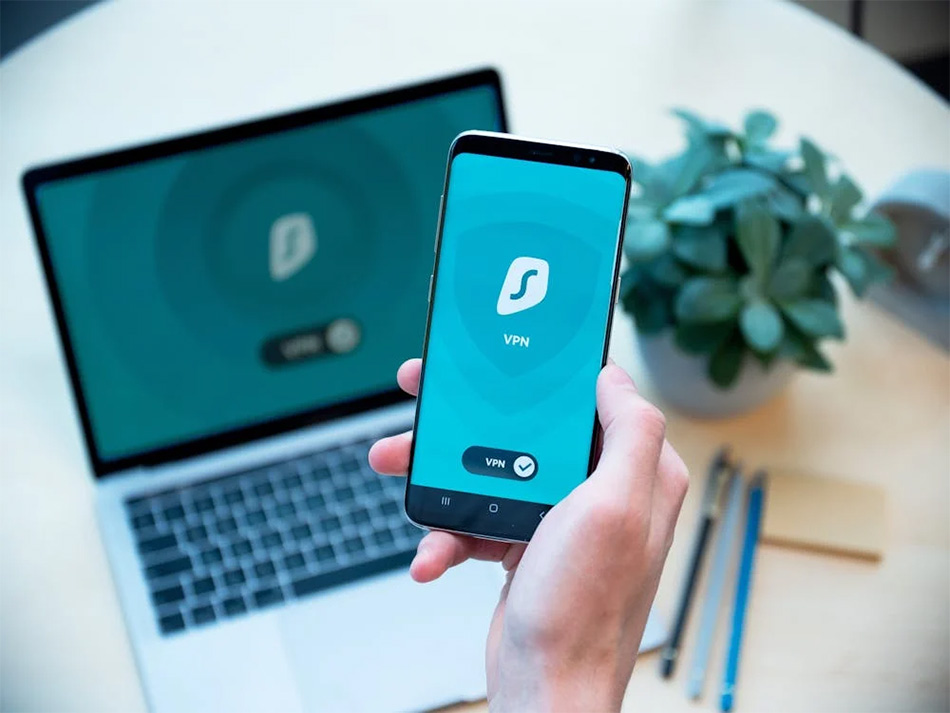Free VPNs: Hidden Tunnels to China and Your Data?
Virtual Private Networks. Essential tools in today’s digital landscape, promising privacy, security, and access past geofences. Many users flock to free VPNs. The cost is right: zero. But recent investigations reveal troubling connections. Certain free VPN providers link back to Chinese companies, possibly entangled with state surveillance objectives. This analysis delves into those studies, the inherent risks of “free” VPNs, and the tangible impact on user privacy. A hidden price.
The Appeal and Hidden Costs of Free VPNs

The appeal of free VPNs is undeniable. Secure browsing, unlocked content, no subscription needed. It sounds perfect. Yet, the reality often falls short. “You get what you pay for” rings true. These services might lack a truly robust security posture. Weak encryption? Underfunded privacy measures? Quite possible. Worse, some free providers operate under questionable data mandates. Logging user activity. Selling connection metadata or even user bandwidth. Sharing information with third parties, perhaps even state intelligence agencies. Free VPNs tied to certain foreign entities could paradoxically become surveillance tools, betraying the very privacy they claim to offer.
Qihoo 360 and Its Controversial Connections
Consider Qihoo 360, a Chinese cybersecurity behemoth long shadowed by alleged ties to Beijing’s government and military. In 2020, Qihoo faced U.S. sanctions over suspected cyber espionage roles. Sanctions didn’t curtail its influence, however. Qihoo’s presence persists via various digital services, including popular VPN applications. At least five widely used VPNs—Turbo VPN, VPN Proxy Master, Thunder VPN, Snap VPN, Signal Secure VPN—trace back to Qihoo 360. Millions worldwide use these apps. Serious questions arise. Is user traffic, are connection timestamps, or is identifying data being routed to China? National security laws there can compel firms to surrender data upon government request. A significant privacy threat.
Undisclosed Ownership and Data Privacy Risks
Transparency regarding ownership and data practices is frequently absent. The Tech Transparency Project (TTP) investigation highlighted this opacity. Many free VPNs, including those associated with Qihoo 360, fail to clearly disclose their corporate structure or how they handle user data. Vague policies leave users guessing about risks. TTP found apps like VPN Proxy Master and WireVPN under the control of entities with undisclosed Chinese connections. This obscurity prevents genuine informed consent. A VPN’s core function is protecting user data and browsing habits. But if the provider has compromised allegiances or links to surveillance states, the protective tunnel might leak. Sensitive details could reach unintended parties. Silently.
Global Availability and Regulatory Oversight
Despite these documented privacy hazards, these Chinese-linked VPN apps remain readily available. Major app stores, Apple’s and Google’s included, list them. Their widespread distribution raises concerns about platform oversight effectiveness. Apple and Google maintain guidelines against certain data collection practices. Yet, TTP found Qihoo-linked apps weren’t proactively removed. Action often came only after media inquiries. This reactive approach suggests a need for much stricter regulations and more thorough vetting processes for VPNs allowed onto marketplaces. Protecting users requires proactive defense against apps that might exploit trust for data harvesting.
Ultimately, while free VPNs offer an attractive proposition for online privacy, they carry significant, often concealed, risks. Especially those connected to entities with murky data practices or government affiliations. The Qihoo 360 links underscore these dangers. Extreme caution is warranted when considering free VPNs. Scrutinize ownership, demand clear privacy policies, and understand the potential for data exposure. Often, investing in a reputable, paid VPN service provides stronger security, verifiable no-logs policies, essential features like kill switches, and operational transparency. Prioritizing digital safety means choosing privacy tools wisely, opting for services committed to robust standards in our increasingly interconnected world.

